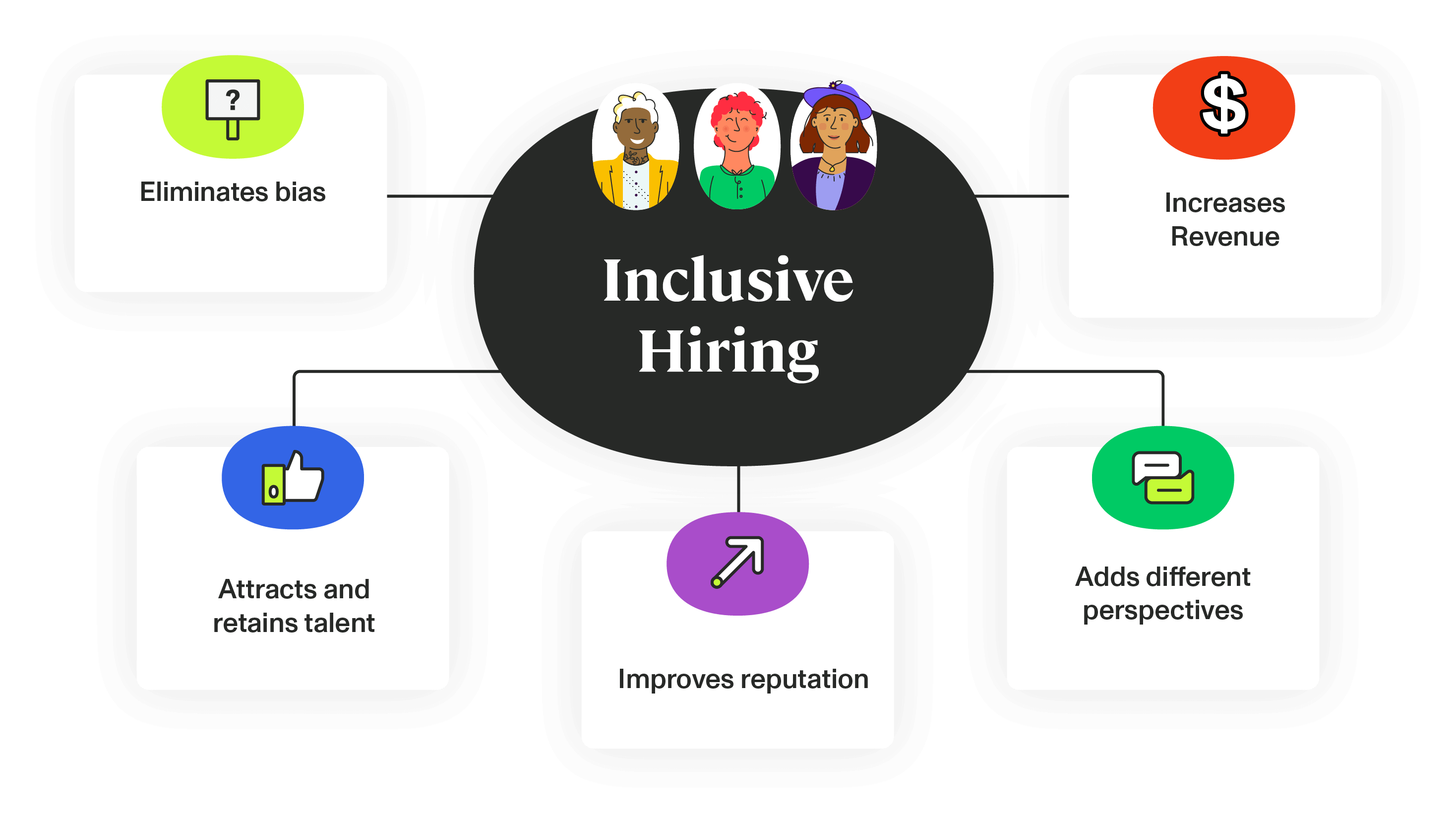Upskilling and Reskilling: Strategies for Developing Your Existing Team in a Changing Job Market

The job market is constantly changing, and new technologies and skills are emerging all the time. This can make it challenging for businesses to keep up and to maintain a competitive workforce.
Upskilling and reskilling are two important strategies for developing your existing team in a changing job market. Upskilling is the process of helping your employees develop new skills or improve their existing skills. Reskilling is the process of helping your employees learn new skills so that they can transition to new roles.
Both upskilling and reskilling are important for developing your existing team. By investing in your team's skills, you can ensure that they are prepared to meet the challenges of the future and that your company remains competitive.
Here are some tips for upskilling and reskilling your existing team:
- Identify the skills that your team needs. The first step is to identify the skills that your team needs to be successful in the future. You can do this by conducting a skills gap analysis, which is a process of comparing the skills that your team currently has to the skills that they will need in the future.
- Develop upskilling and reskilling programs. Once you have identified the skills that your team needs, you can develop upskilling and reskilling programs to help them develop those skills. These programs can be offered in-house or through external providers.
- Provide employees with the time and resources they need to learn. It is important to provide employees with the time and resources they need to learn new skills. This could include giving them time to attend training sessions, providing them with access to online learning resources, or reimbursing them for the cost of tuition.
- Make upskilling and reskilling a priority. It is important to make upskilling and reskilling a priority within your organization. This means communicating to employees that the company is committed to their development and that it values their skills.
Benefits of upskilling and reskilling:
There are a number of benefits to upskilling and reskilling your existing team. These benefits include:
- Increased productivity: Upskilled and reskilled employees are more productive. This is because they have the skills and knowledge they need to do their jobs effectively.
- Improved employee engagement: Upskilling and reskilling can help to improve employee engagement. This is because employees are more likely to be engaged in their work if they feel that they are learning and growing.
- Reduced turnover: Upskilling and reskilling can help to reduce employee turnover. This is because employees are more likely to stay with a company that is investing in their development.
- Increased innovation: Upskilling and reskilling can help to increase innovation within a company. This is because upskilled and reskilled employees are more likely to have the skills and knowledge they need to come up with new ideas and solutions.
- Improved customer satisfaction: Upskilling and reskilling can help to improve customer satisfaction. This is because upskilled and reskilled employees are better able to meet the needs of customers.
Conclusion:
Upskilling and reskilling are essential for developing your existing team in a changing job market. By investing in your team's skills, you can ensure that they are prepared to meet the challenges of the future and that your company remains competitive.
Here are some additional tips for upskilling and reskilling your existing team:
- Use a variety of learning methods. Different people learn in different ways, so it is important to use a variety of learning methods when upskilling and reskilling your team. This could include offering online courses, in-person training sessions, and mentorship programs.
- Personalize the learning experience. Tailor the upskilling and reskilling experience to the individual needs of your employees. This could involve considering their career goals, their interests, and their learning style.
- Provide feedback and recognition. Give your employees feedback on their progress and recognize their accomplishments. This will help to motivate them and keep them engaged in the learning process.
By following these tips, you can create a culture of upskilling and reskilling within your organization. This will help you to develop a team that is prepared to meet the challenges of the future and that can help your company to succeed.
LEAVE A COMMENT
You may also like

Upskilling and Reskilling: Strategies for Developing Your Existing Team in a Changing Job Market
The job market is constantly changing, and new technologies and skills...
Continue reading
Navigating Legal and Ethical Challenges in Recruitment: A Guide for HR Professionals
HR professionals face a number of legal and ethical challenges in recruitment....
Continue reading
Candidate Experience: Creating a Positive Journey from Application to Onboarding
Candidate experience is the journey that candidates go through when applying...
Continue reading
The Impact of Artificial Intelligence in Recruitment: How to Embrace Technology Without Losing the Human Touch
Artificial intelligence (AI) is rapidly transforming many industries, including...
Continue reading
Diversity and Inclusion in Recruitment: Best Practices for Creating an Inclusive Hiring Process
Diversity and inclusion in recruitment is the process of attracting, hiring,...
Continue reading